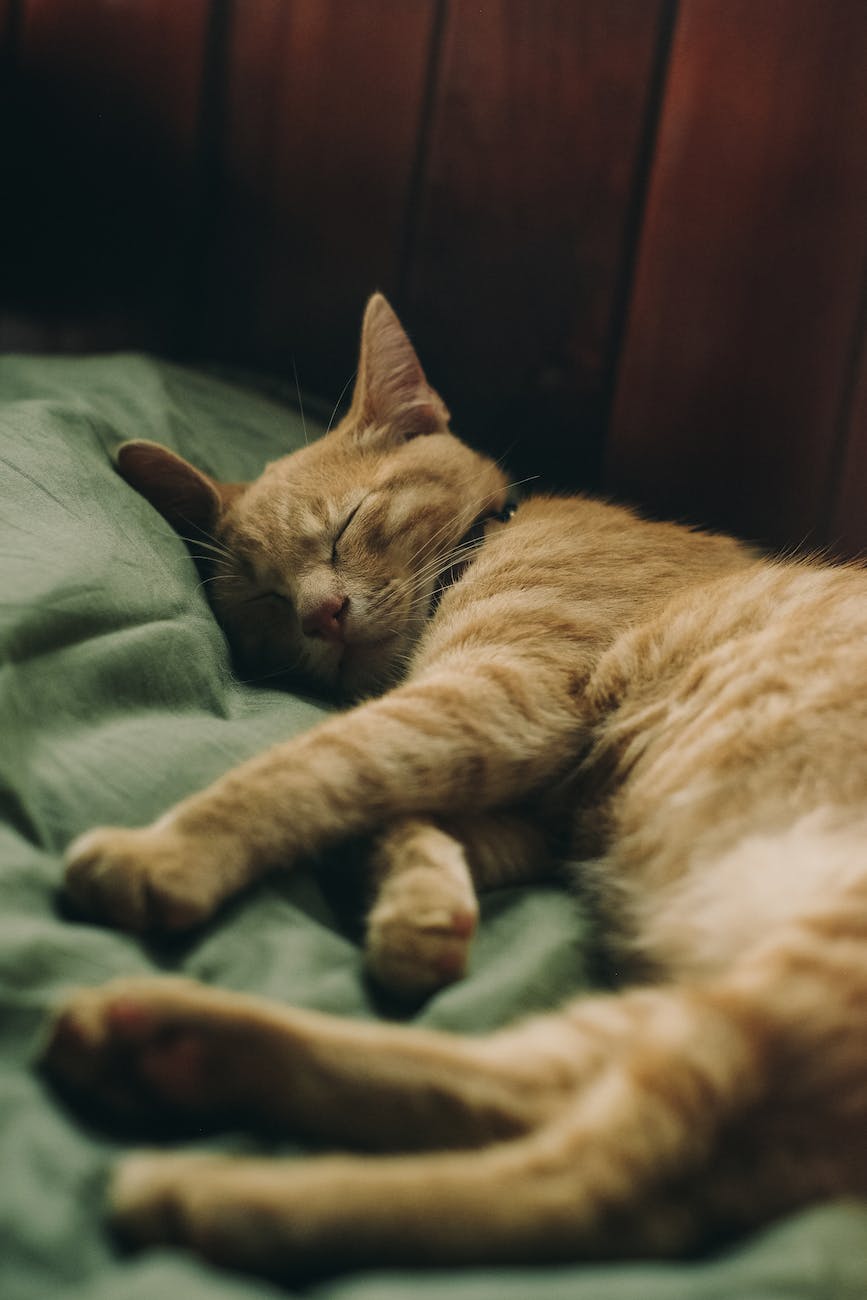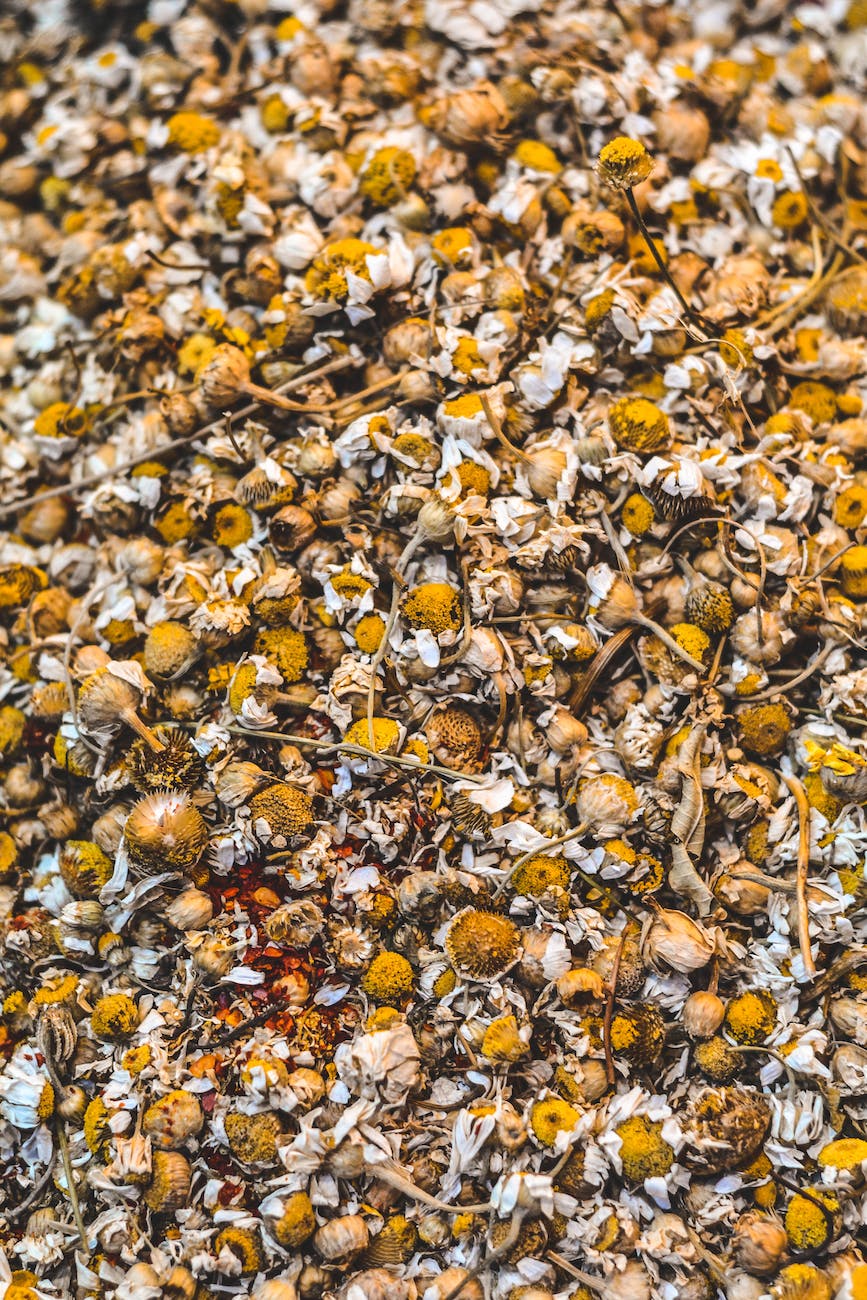
In our fast-paced world, achieving a good night’s sleep can sometimes feel like an elusive goal. If you’re one of the many people seeking natural remedies to improve your sleep quality, you might want to consider exploring the world of teas. Certain teas are known for their sleep-inducing properties. In this comprehensive guide, we’ll delve into the best teas for sleep, how they work, and how to incorporate them into your bedtime routine. We’ll also discuss the teas you should avoid before bedtime to ensure a restful night’s sleep.
The Science Behind Tea and Sleep
Tea isn’t just a comforting and warm beverage. Many types of tea contain compounds that can help induce sleep. These compounds include antioxidants, amino acids, and herbs that have sedative effects. But not all teas are created equal. Some teas can actually hinder sleep.
Best Teas for Sleeping and How They Work
Chamomile Tea: The Sleep Inducer
Chamomile tea is a popular choice for those seeking a good night’s sleep. It contains apigenin, an antioxidant that binds to certain receptors in your brain that may promote sleepiness and reduce insomnia. The calming effects of chamomile tea make it a perfect bedtime tea. To enjoy, steep a chamomile tea bag in hot water for 5-10 minutes before drinking.
Valerian Root Tea: The Ancient Sleep Aid
Valerian root tea has been used as a medicinal herb since ancient times due to its sedative and anti-anxiety effects. Studies suggest that valerian can help you fall asleep quicker and improve the quality of your sleep. To prepare, steep dried valerian root in hot water for about 10 minutes.
Lavender Tea: The Calming Potion
The scent of lavender is known for its calming properties. Drinking lavender tea can have similar effects. It’s believed to affect the neurotransmitter GABA in the brain, reducing insomnia and promoting a restful night’s sleep. To make lavender tea, steep dried lavender flowers in hot water for about 5 minutes.
Lemon Balm Tea: The Stress Reliever
Lemon balm tea, a member of the mint family, has been used for centuries to promote sleep and reduce stress and anxiety. It’s a great choice for those who enjoy a citrusy flavor in their tea. To prepare, steep lemon balm leaves in hot water for 5-10 minutes.
Passionflower Tea: The Sleep Quality Booster
Passionflower tea is made from the dried leaves, flowers, and stems of the passionflower plant. It’s been shown to improve sleep quality, and it’s often recommended for people who have trouble falling asleep. To make passionflower tea, steep a teaspoon of dried passionflower in hot water for about 10 minutes.
Tulsi Sleep Tea: The Adaptogenic Brew
Tulsi, also known as holy basil, is an adaptogenic herb that helps your body adapt to stress and promotes mental balance. A cup of tulsi tea before bed can help you relax and prepare for a good night’s sleep. To prepare, steep tulsi leaves in hot water for about 5 minutes.
Peppermint Tea: The Digestive Aid
Peppermint tea is not only delicious but also has properties that can aid in digestion and relieve tension, making it a great choice for a pre-bedtime drink. To enjoy, steep a peppermint tea bag or leaves in hot water for about 5 minutes.
Ginger Tea: The Soothing Cup
Ginger tea is known for its warming and soothing properties. It can help calm your mind and body, preparing you for a restful night’s sleep. To make ginger tea, steep fresh ginger in hot water for about 10 minutes.
Teas to Avoid Before Bed
While many teas can help promote sleep, others can have the opposite effect. Here are a few to avoid:
Green Tea: The Energizer
Green tea is a healthy beverage full of antioxidants. However, it also contains caffeine, which can keep you awake if consumed before bed. Drinking green tea before bed might disrupt your sleep cycle.
Black Tea: The Morning Brew
Like green tea, black tea is high in caffeine and can interfere with your sleep cycle if consumed too close to bedtime. It’s best to save this invigorating brew for the morning.
Chai Tea: The Flavorful Alertness Booster
Chai tea, a flavorful blend of tea, herbs, and spices, often contains black tea and its accompanying caffeine content. It’s best to avoid this tea in the evening.
Conclusion
Incorporating sleep-inducing teas into your nighttime routine can be a natural way to improve your sleep quality. Remember, though, that everyone is different. What works for one person may not work for another. It’s all about finding what works best for you. Sweet dreams!
FAQs
- What are the best teas for sleep? Some of the best teas for sleep include chamomile, valerian root, lavender, lemon balm, passionflower, tulsi, peppermint, and ginger tea.
- How do teas help promote sleep? Many teas contain compounds like antioxidants, amino acids, and herbs that have sedative effects. These compounds can help induce sleep and improve its quality.
- Are there any teas I should avoid before bed? Yes, teas that contain caffeine, like green tea, black tea, and chai tea, should be avoided before bed as they can disrupt your sleep cycle.
- How can I incorporate tea into my bedtime routine? You can incorporate tea into your bedtime routine by enjoying a warm cup of your chosen sleep-inducing tea about 30 minutes to an hour before you plan to sleep.
Blog Tags
Tea, Sleep, Chamomile, Valerian Root, Lavender, Lemon Balm, Passionflower, Tulsi, Peppermint, Ginger, Green Tea, Black Tea, Chai Tea, Sleep Quality, Bedtime Routine










